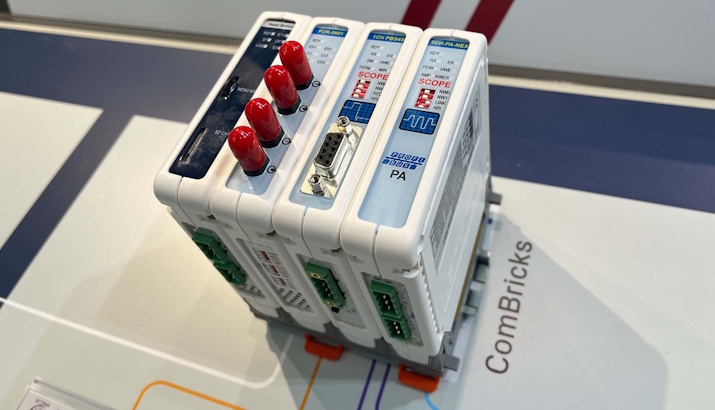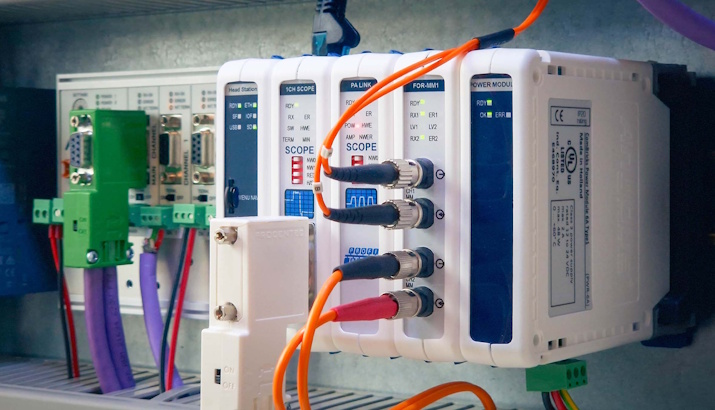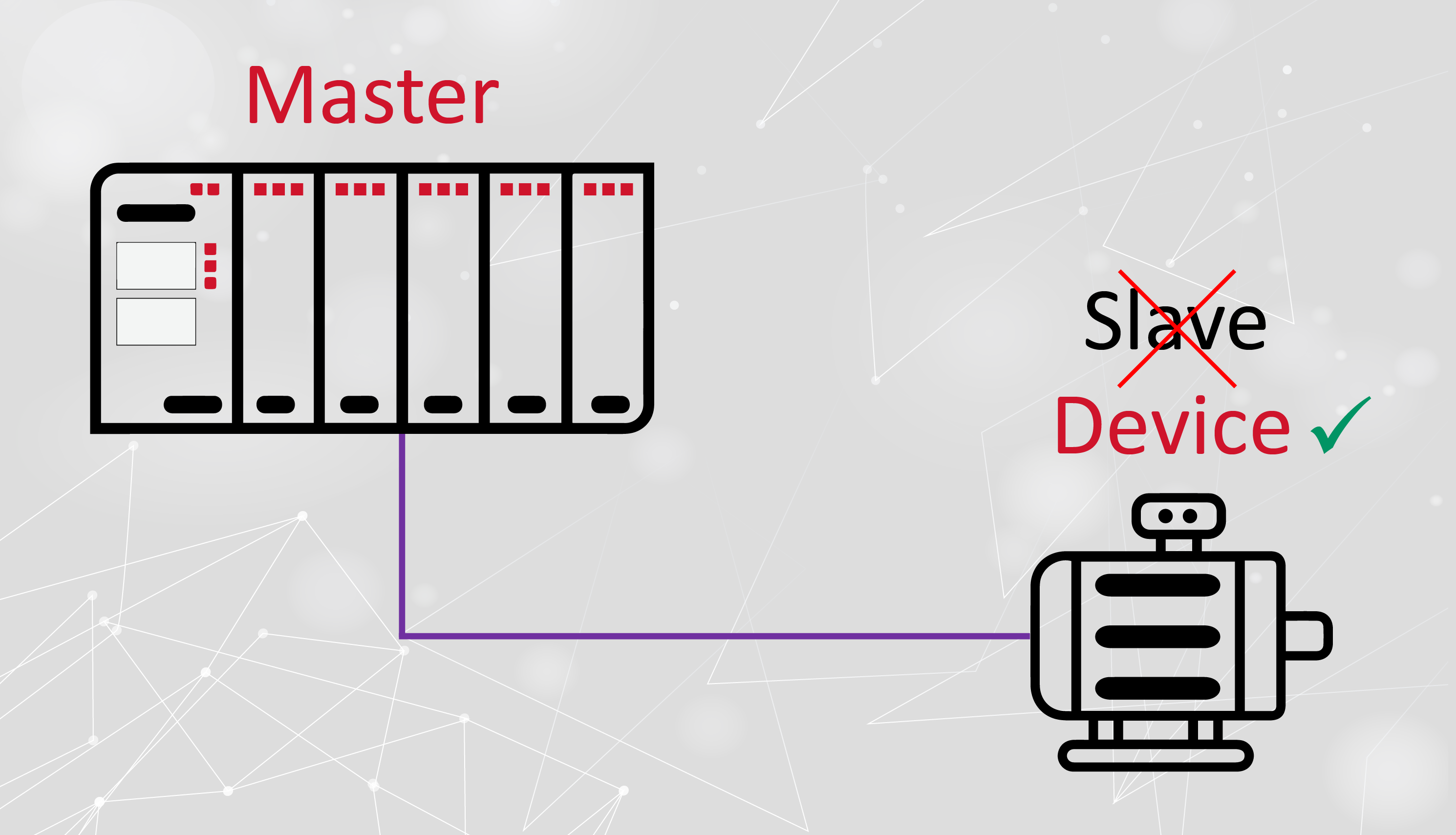
Our vision: ‘Operational excellence unlocked’ drives our commitment to ensuring the timely and effective deployment and adoption of industrial communication systems, enabling clients to experience strategic benefits as early as possible. Successful adoption in industrial systems is often the biggest stumbling block in implementing and sustaining new initiatives. Experience often points to the need for increased people involvement in understanding the system changes and how they will fit in with the technical deployment of industrial communications.
Adoption is the process through which an individual acquires the ability to fully master new technology and successfully carry out relevant processes for specific purposes. We believe the journey of adoption starts with early engagement and involvement of key stakeholders specifically system users, as they transition from existing systems to new technologies. Utilising change and communication methodologies to align the stakeholders and users to the business goals and expectations can have a beneficial impact on the rollout or transition to the new technology and processes.
Key to the IDX approach is Adoption, which includes a change and learning mechanism within the technical process that enables individuals to:
- Understand the potential of new industrial communication resources.
- Accept and utilise the resources to achieve the goal.
- Leverage each technology to the fullest for effective decision-making, process control and stability.
- Set the foundation for continuous improvement.
The journey to Adoption includes a few key points to consider:
- Understanding the ‘Why’ is a more effective starting point than the ‘What’ when it comes to gaining buy-in for new systems or changes. Buying into the ‘Why’ offers stronger awareness. Connecting as early as possible with the expectations and potential changes to the system and processes creates questions for clarification and earlier buy-in to the change process.
- It also affords an additional opportunity to include affected stakeholders and users in the development to understand the benefits and the importance of their role in the process. IDX aims to gain insight into the current situation as well as the client’s needs and objectives to provide the most relevant solution.
- IDX encourages direct involvement at the early stages of design and development that helps to establish a shared understanding at all levels through close cooperation with service providers, operations and users through a change approach. This ensures that all stakeholders understand the benefits, roles, and expectations of the technology, facilitating a smooth transition that integrates seamlessly with current operations rather than presenting an abrupt shift.
- The need to share. The creation of a communications plan and platform from the outset is essential to ensure timely information on progress to the relevant stakeholders. Without ongoing and effective communication with stakeholders and users, the risk of effective adoption of the proposed changes could be diminished.
- Development of clearly defined roles and responsibilities between users, operations and service providers using a Responsible, Accountable, Consulted and Informed (RACI) matrix offers clarity on expectations and sets the foundation for working together.
- Engagement with IDX to develop training content and support channels for practical learning, competency building and troubleshooting within the user’s area of responsibility. Develop a visual process, detailed content packs and videos for all users. A call-back process can be introduced by having a direct line to IDX to assist with any challenges.
The IDX approach promotes and creates clear communication processes and procedures on how to troubleshoot within the users area of responsibility. Ensure escalation processes are in place and plan frequent meetings between stakeholders and users during implementation.








